Louvre Museum to present 70 unique restored Uzbek artifacts
Among them are a wooden panel of the 6th-7th centuries, a statue of the Buddha “Garland-bearer”, the Kattalangar Quran of the 8th century, etc.
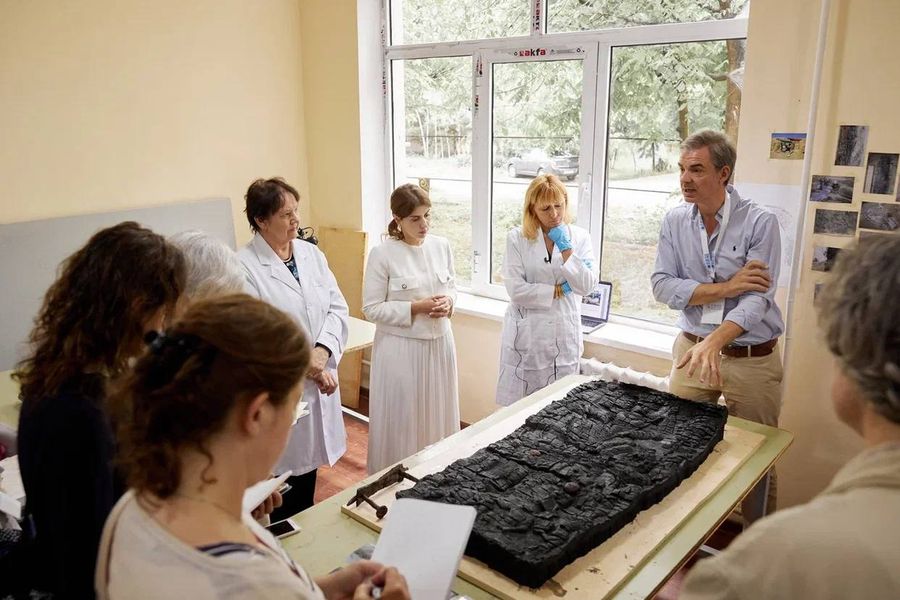
The Louvre will exhibit 70 unique restored artifacts, the press service of the Culture and Art Development Fund under the Ministry of Culture reports.
It is noted that over the past three years, careful preparatory work has been carried out - several joint Uzbek-French expeditions took place, during which a lot of archaeological research was carried out. In addition, restorers from the Louvre and specialists from Uzbekistan carried out large-scale restoration work in several stages.
Among the restored objects, a charred wooden panel of the 6th-7th centuries from the settlement of Kafir-kala (Samarkand) stands out. Its front parts were cleaned and restored, seven panel parts were attached to the panel itself.
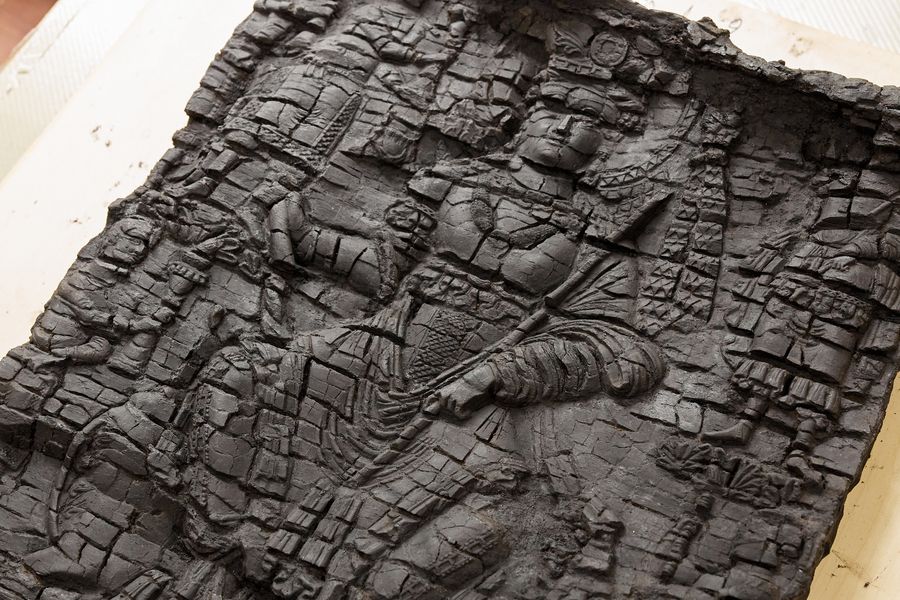
For the restoration work, the Foundation attracted a specialist from the Louvre Museum Delphine Lefebvre, who worked together with Marina Reutova, a leading researcher at the Samarkand Institute of Archeology named after Yakhya Gulyamov.
The conservation of the charred carved panel from Kafir-kala made it possible to preserve this unique monument of Sogdian fine art, to study the plots depicted on charred boards, and to perform a graphic reconstruction of the architectural decor of the throne room of the country residence of the Samarkand rulers in the 7th - early 8th centuries.
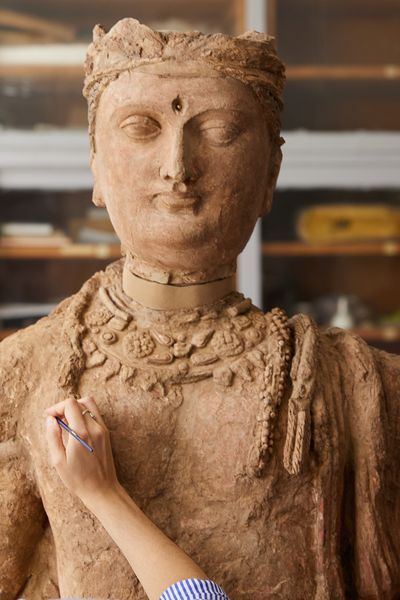
Also, the restoration processing of the unbaked statue of the Buddha “Garland Bearer” (1st century BC - 1st century AD) was carried out, the surface part was cleaned and the damaged parts of the exhibit were covered with mastic. In addition, 13 pages of the 8th century Kattalangar Quran, a unique object and one of the most important manuscripts of the Islamic world, were restored. For a long time it was kept in the Langar-ota mosque in the Kamashi district (Kashkadarya region) and is considered one of the oldest Mus-haf manuscripts in the Islamic world. At the invitation of the Foundation, the restoration work of the sacred artifact was carried out by the restorers of the Louvre Museum Axel Delau and Aurelia Strery. Also, local specialists, Kamoliddin Makhkamov, the head of the library of the Muslim Board of Uzbekistan, took part in the work.
Thus, during the process of restoration work, the Foundation created conditions for interaction and exchange of experience between local specialists and leading foreign experts in this field.
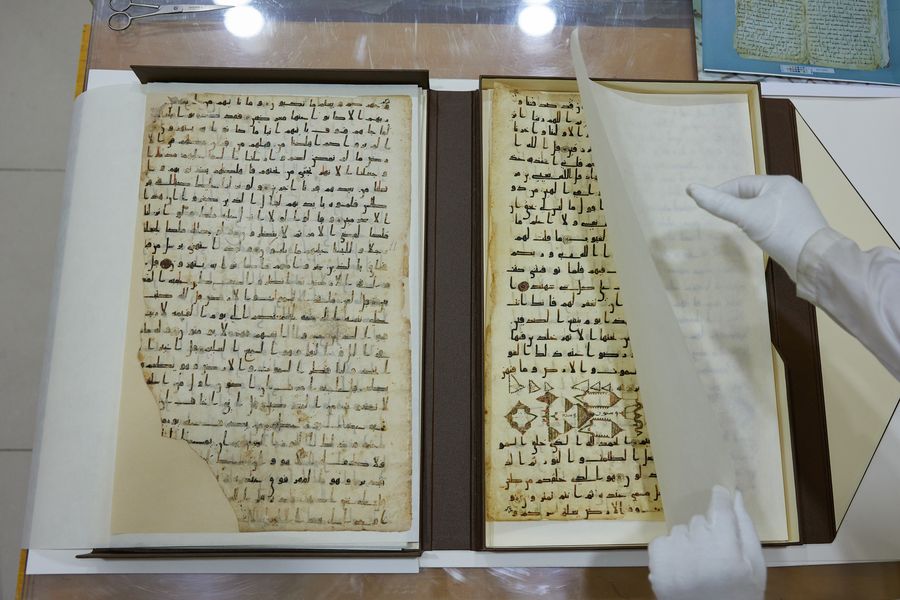
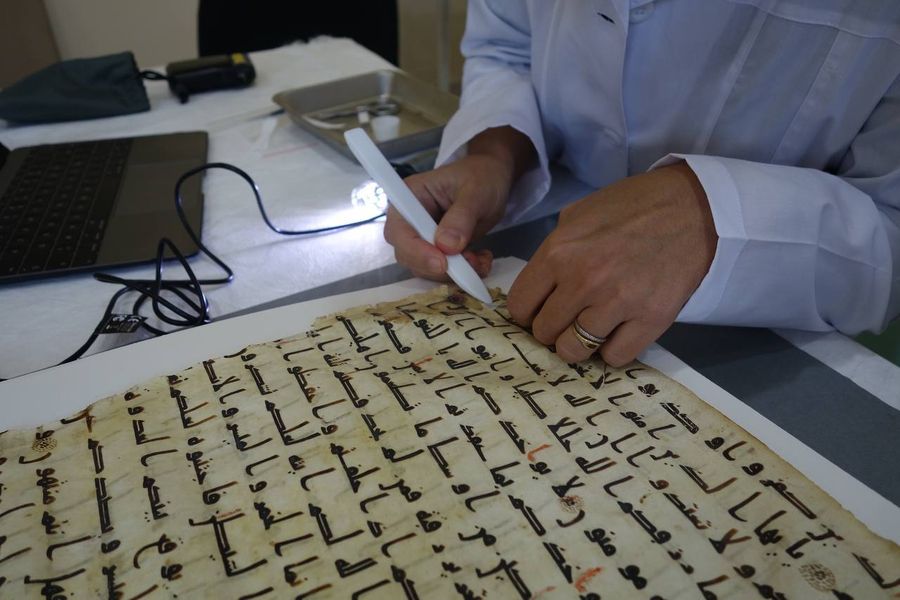
The entire process of restoration of the exhibits was carried out with the support of the Fund for Developing Culture and Art under the Cabinet of Ministers.
In total, the Foundation for Developing Culture and Art, in cooperation with specialists from France, initiated the restoration of 70 artifacts in preparation for the exhibition at the Louvre Museum.
Related News
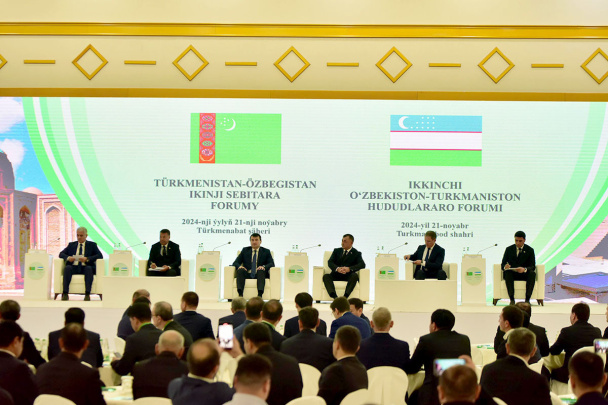
16:03 / 07.12.2024
Uzbekistan plans to launch bromine production in Turkmenistan

16:55 / 02.07.2024
AI enhances fundraising for vulnerable groups: The "Orzu" project's success

11:50 / 04.06.2024
Products of Uzbek leather industry enterprises presented at an international exhibition in Guangzhou
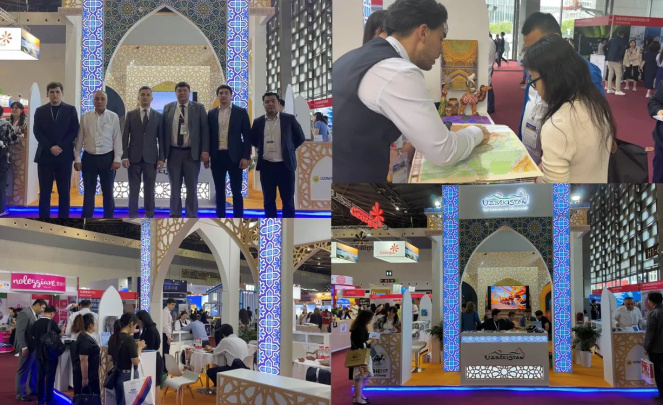
09:22 / 31.05.2024



